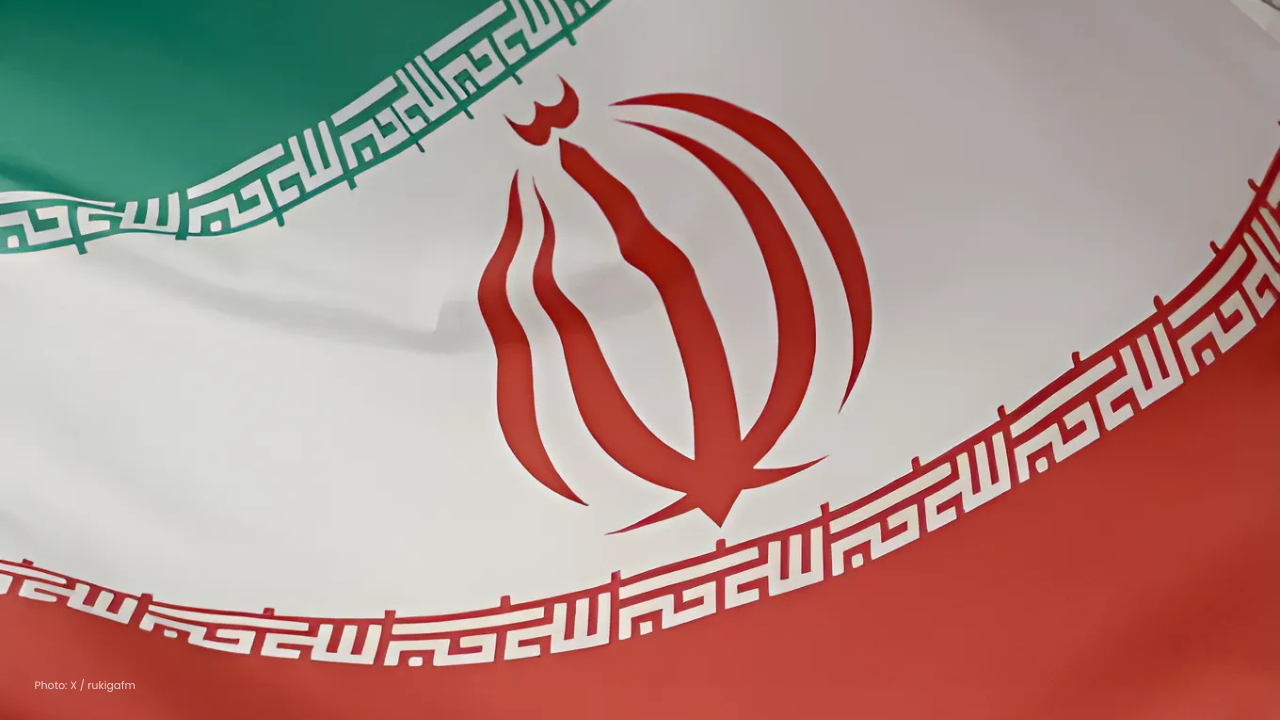
Post by : Naveen Mittal
French President Emmanuel Macron has said that Europe is likely to reimpose sanctions on Iran very soon. His statement came after France, Germany, and the United Kingdom – also known as the E3 – accused Iran of breaking its promises under the 2015 nuclear deal.
Macron, speaking in a TV interview, said Iran’s latest proposals to avoid sanctions were “not serious,” and Europe had little choice left but to restart strict measures.
This development has raised fears of rising tensions in the Middle East, especially after recent clashes between Iran, Israel, and the United States.
In 2015, Iran signed a major agreement called the Joint Comprehensive Plan of Action (JCPOA) with world powers including the U.S., France, Germany, U.K., Russia, China, and the EU.
Under the deal, Iran agreed to:
Limit its nuclear program.
Allow international inspectors to check its nuclear sites.
Reduce uranium enrichment to peaceful levels.
In exchange, the world powers agreed to lift international sanctions, which gave Iran access to billions of dollars in frozen assets and allowed trade with the outside world.
In 2018, then U.S. President Donald Trump pulled America out of the deal, calling it “flawed.” He also reimposed harsh sanctions on Iran.
Iran responded by slowly ignoring the limits of the deal. Over time, it built up a stockpile of enriched uranium 40 times larger than allowed under the agreement.
Western nations now fear that Iran could be moving closer to the ability to build nuclear weapons, even though Tehran insists its program is peaceful.
In August 2025, the E3 (France, Germany, and the U.K.) started a 30-day process to reimpose sanctions on Iran, known as the “snapback mechanism.”
This process gives Iran a chance to negotiate and meet certain conditions before sanctions are brought back. However, Macron said Iran’s response so far was “not serious”, which makes new sanctions almost certain.
If sanctions are reimposed, it means Iran will once again face:
A ban on selling or buying conventional weapons.
Strict limits on its missile program.
Freezing of Iranian assets abroad.
Iran has strongly rejected Europe’s decision. Its foreign ministry called the move “unjustified, illegal, and without legal basis.”
Iran’s Foreign Minister Abbas Araqchi said that Tehran had offered a “reasonable plan” to European diplomats that could avoid a crisis. However, European officials said no real progress was made during the talks.
Iran argues that it was the U.S. that broke the deal first in 2018, so Europe should not punish Iran for responding.
The nuclear dispute is not just about documents and sanctions. It is also deeply linked to regional tensions:
In June 2025, Israel and Iran fought a short 12-day war after clashes over nuclear sites.
The U.S. joined Israel in targeting three Iranian nuclear facilities.
Thousands of people were affected, and the situation nearly escalated into a wider war.
Now, with sanctions returning, there is fear that relations could worsen again.
For years, the E3 nations tried to keep the 2015 deal alive even after the U.S. left. They hoped Iran would still follow the limits and avoid a nuclear crisis.
But with Iran’s stockpile of uranium now far beyond the agreed limit, and no sign of compromise, Europe has decided it must act. Macron and other leaders say sanctions are necessary to pressure Iran back to serious negotiations.
If reimposed, sanctions will hit Iran’s economy very hard. In the past, such restrictions caused:
A sharp drop in oil exports, Iran’s main source of income.
A fall in the value of the Iranian currency (rial).
Rising unemployment and inflation inside Iran.
For ordinary Iranians, this could mean higher food and fuel prices, fewer job opportunities, and limited access to international goods.
The return of sanctions also matters for the rest of the world:
Oil Prices: Iran is one of the world’s largest oil producers. If it cannot sell oil, global prices may rise.
Security Risks: More tensions in the Middle East could lead to conflicts affecting international trade routes, like the Strait of Hormuz, a key shipping lane.
Diplomatic Divide: While Europe and the U.S. may push sanctions, countries like China and Russia are expected to oppose them and continue ties with Iran.
The United Nations Security Council is expected to vote on a resolution regarding Iran soon. However, even if some countries support lifting sanctions, the U.S., France, or the U.K. could veto such moves.
Macron made it clear that unless Iran makes a major shift, the “snapback” is unavoidable. Diplomats say there is still a very small window for talks, but time is running out.
The possibility of Europe reimposing sanctions on Iran shows how fragile the Middle East situation has become. What began as a nuclear agreement meant to bring peace and stability is now on the edge of collapse.
For Iran, the return of sanctions will be a huge economic and political challenge. For Europe, it is about balancing diplomacy, security, and pressure. And for the wider world, it raises fresh fears of instability in an already tense region.
Whether Iran and Europe can find common ground before sanctions hit will decide the next chapter in this long-running dispute.
#Iran #Macron #Europe #Sanctions #NuclearDeal #MiddleEast #GlobalPolitics #France #Germany #UK #WorldNews
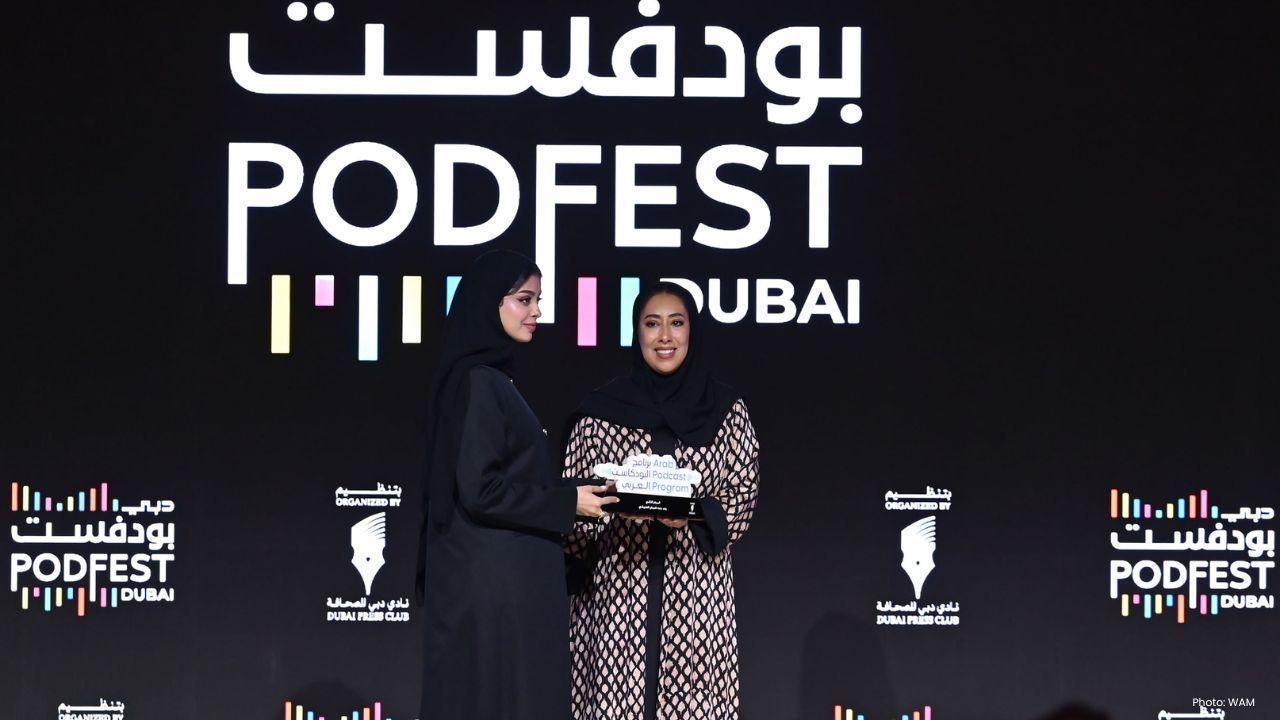

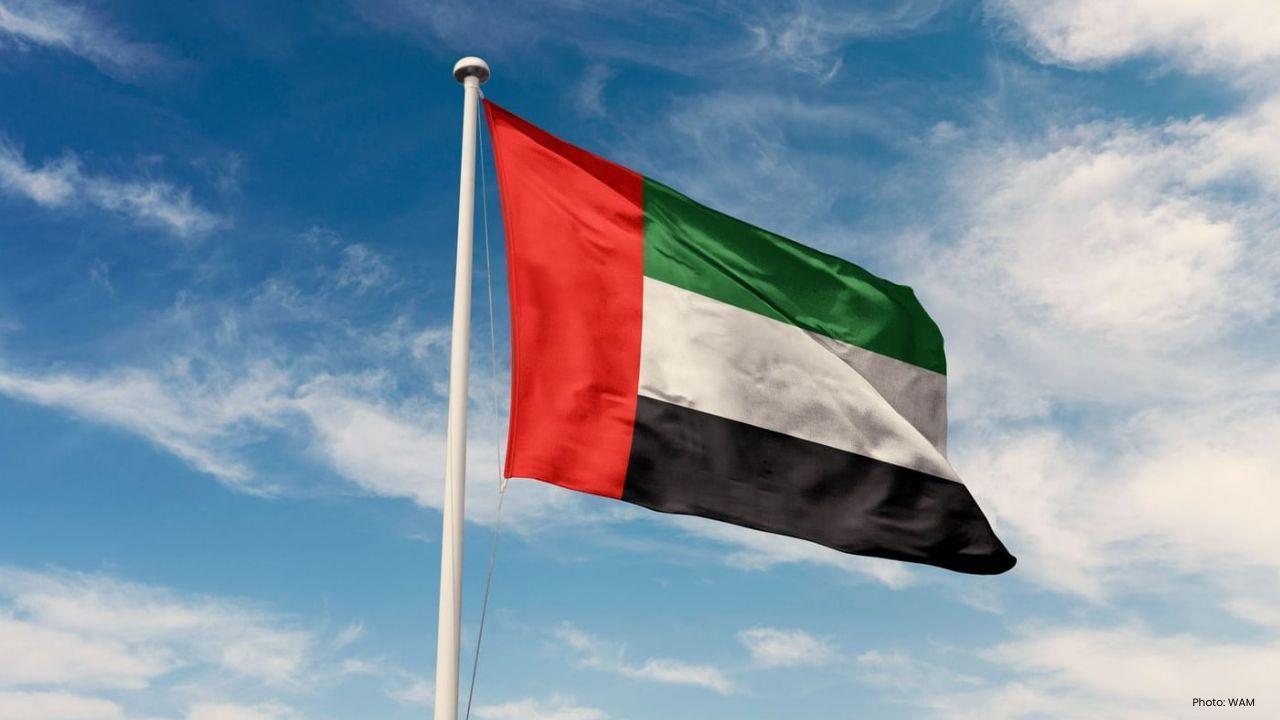
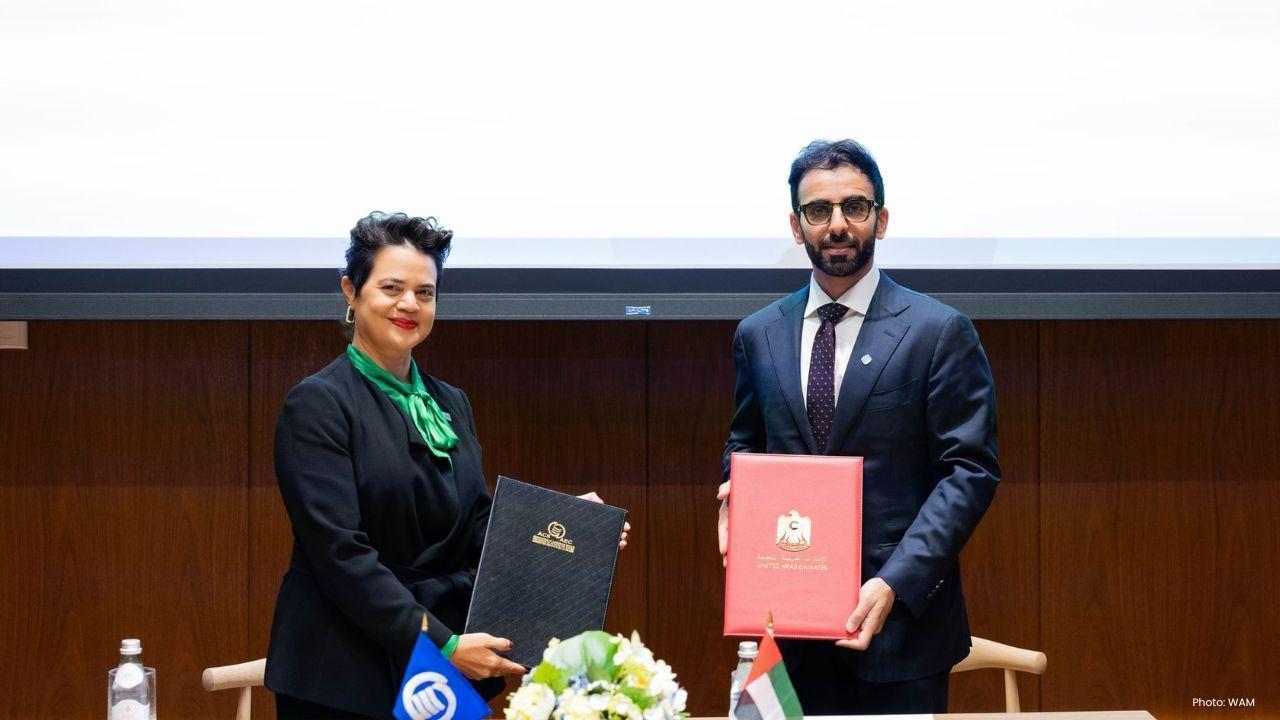
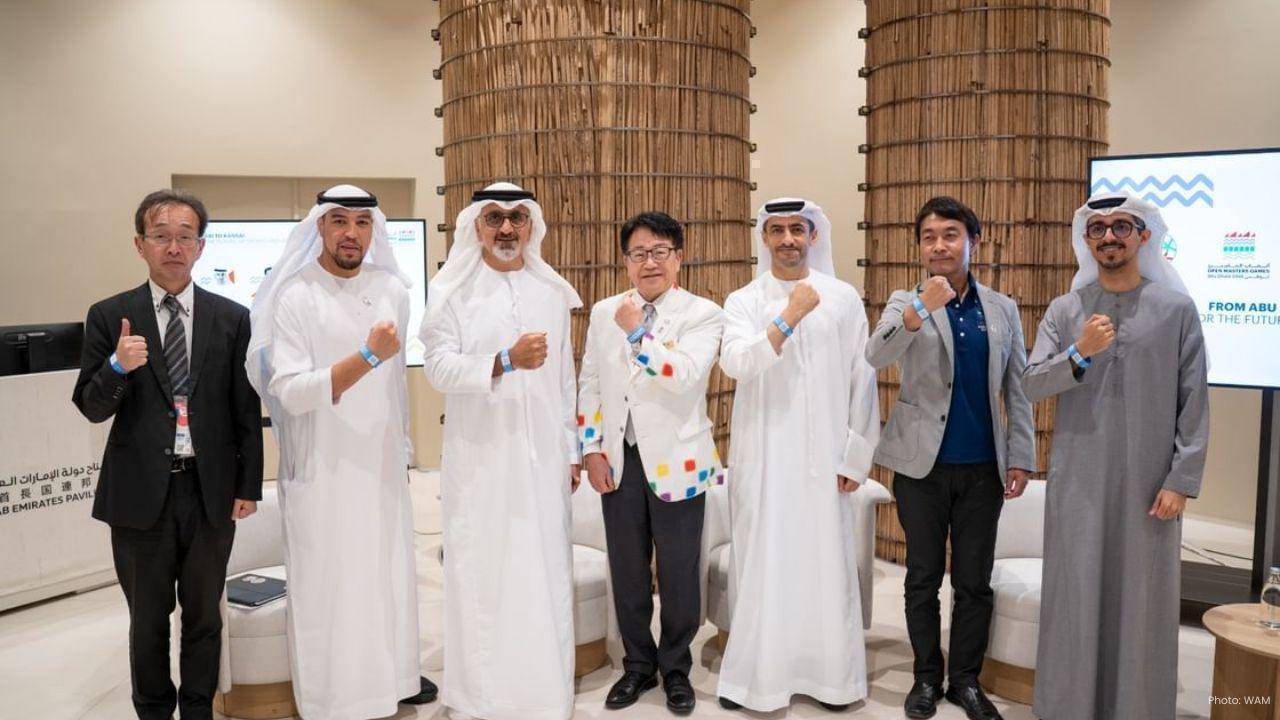

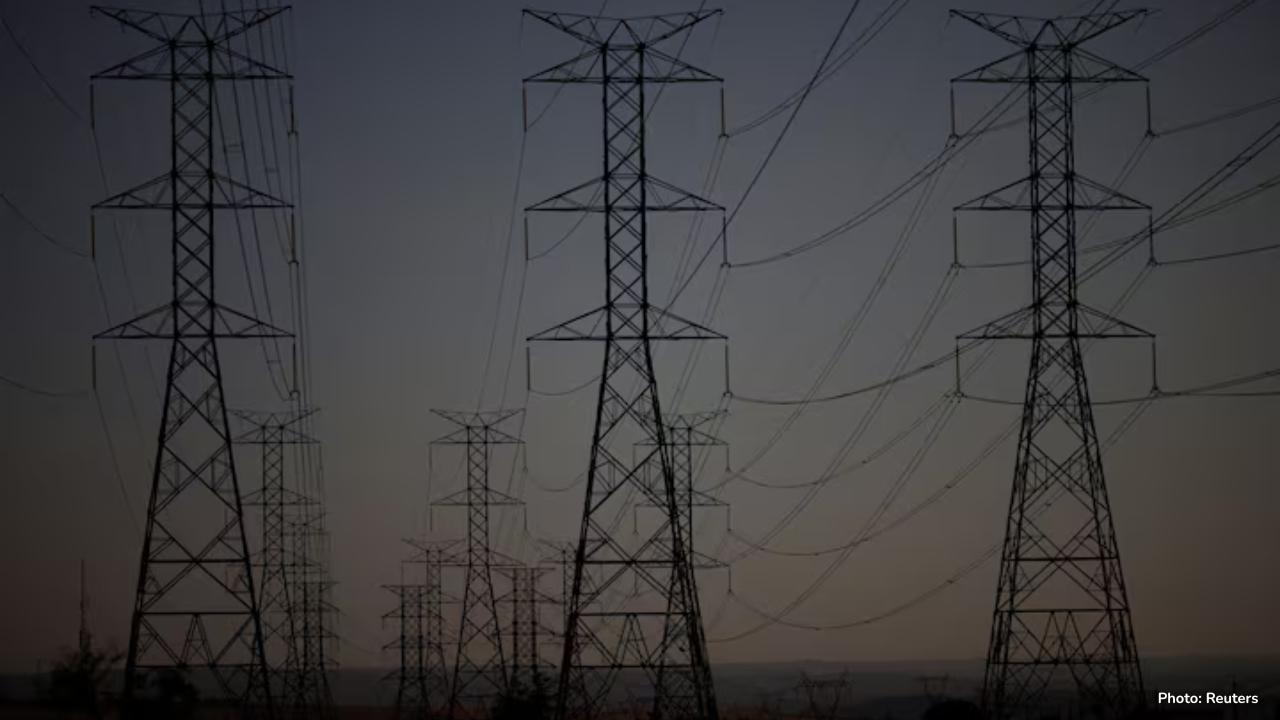
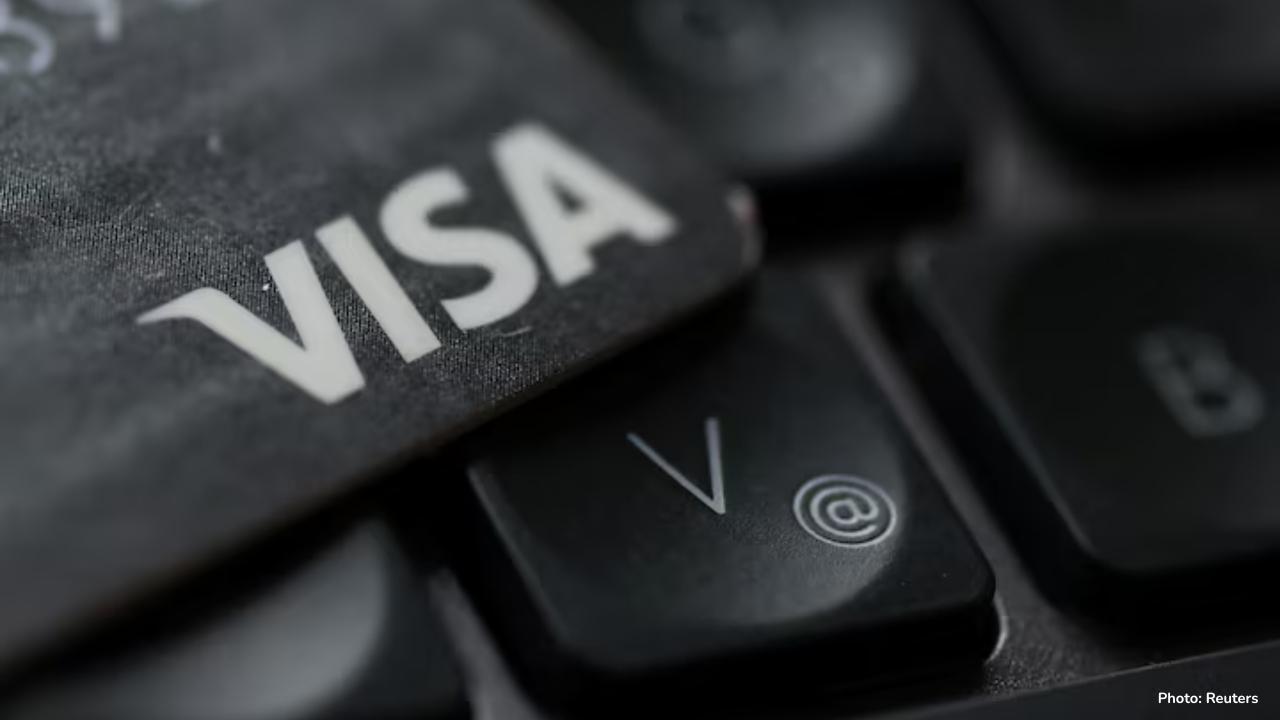
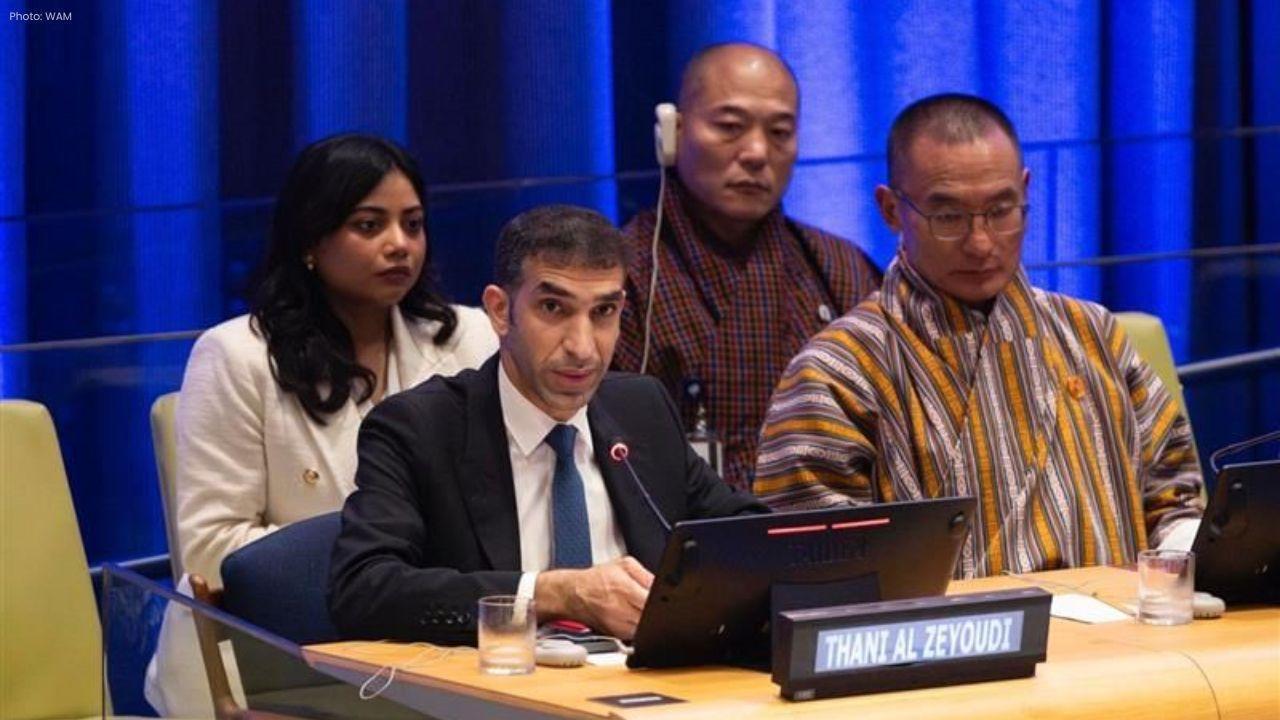

OpenAI's Revenue Soars to $4.3 Billion in First Half of 2025
OpenAI's revenue reaches $4.3 billion in the first half of 2025, marking a 16% increase from the pre

UAE Leaders Send Condolences to Saudi King Over Princess Abta's Death
UAE rulers and crown princes sent heartfelt messages to King Salman, mourning the passing of Princes

Brazil's Surplus Clean Energy Attracts Crypto Miners
Brazil's excess renewable energy is luring cryptocurrency miners. Companies like Tether and Renova E

Visa Tests Stablecoins to Make Global Payments Faster
Visa is testing stablecoins for international payments, aiming to speed up transactions and reduce t

Opera Unveils Neon AI Browser for Smarter Web Browsing
Opera introduces Neon, an AI-powered browser that automates tasks and enhances privacy, aiming to re

Albanese Visits Sheikh Zayed Grand Mosque in Abu Dhabi
Australian PM Albanese tours Sheikh Zayed Grand Mosque, highlighting peace, tolerance, and cultural